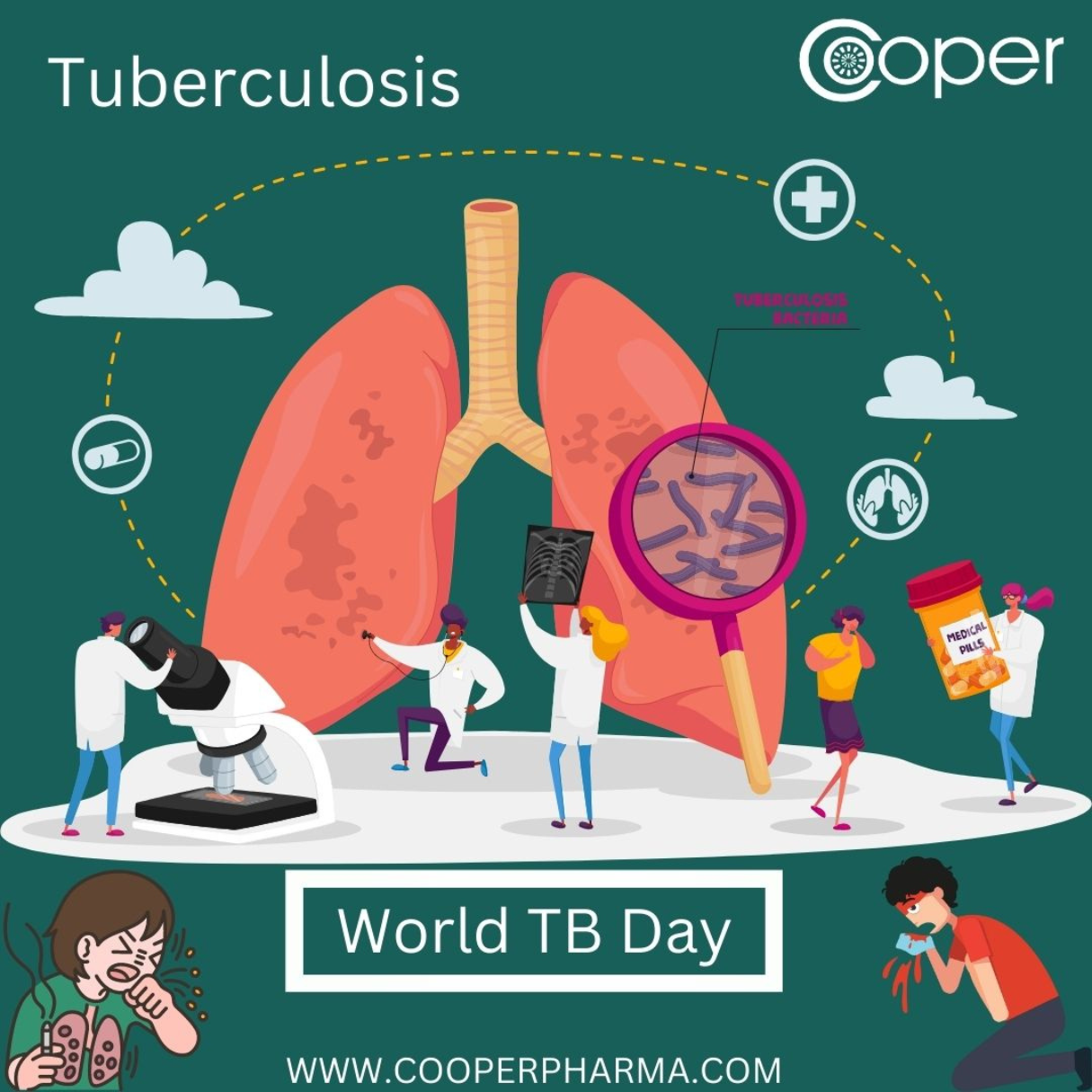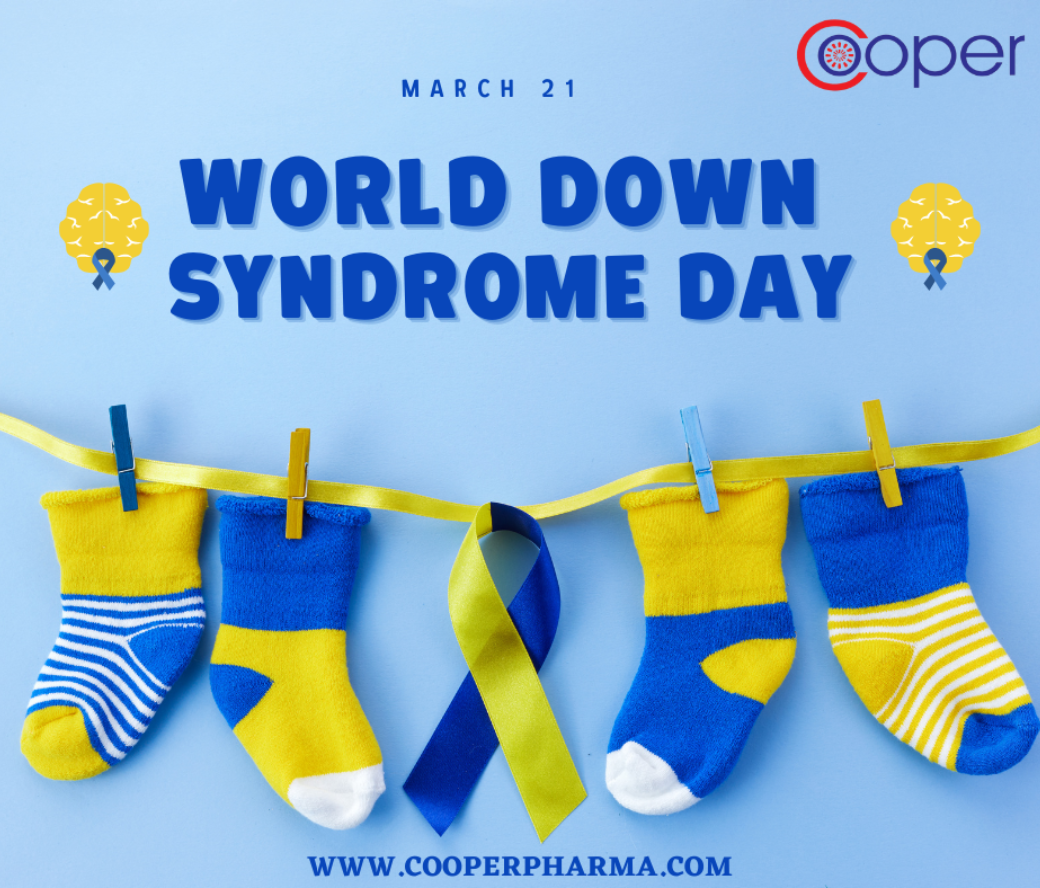World Cancer Day: A Call to Action Against a Global Epidemic
Recent Blog
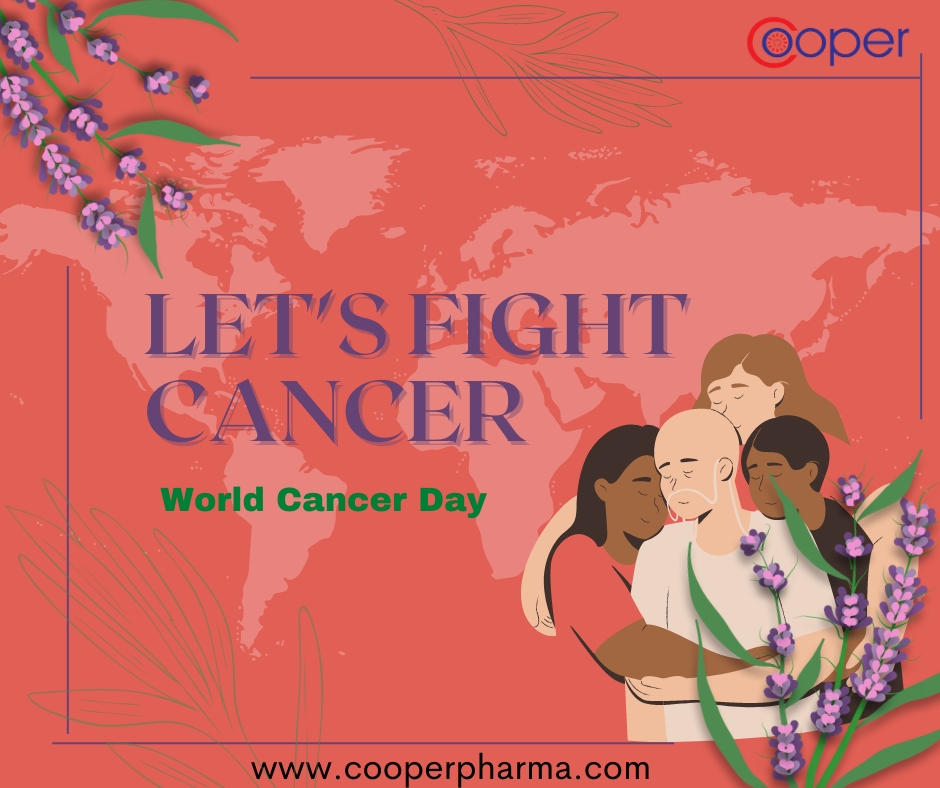
World Cancer Day: A Call to Action Against a Global Epidemic
Date:- 2023-02-04 06:06:13
Cancer is a disease which occurs when changes in a group of normal cells within the body lead to uncontrolled, abnormal growth forming a lump called a tumour; this is true of all cancers except leukaemia (cancer of the blood). If left untreated, tumours can grow and spread into the surrounding normal tissue, or to other parts of the body via the bloodstream and lymphatic systems, and can affect the digestive, nervous and circulatory systems or release hormones that may affect body function. Cancer is a global health crisis that affects millions of people each year. It is estimated that by the year 2023, the number of cancer cases will have risen to 21.7 million, with cancer being the second leading cause of death worldwide. This makes it even more crucial to act now and work towards reducing the burden of cancer on individuals, families, and communities.
Cancer tumours can be divided into three groups: benign, malignant or precancerous
Benign tumours are not cancerous and rarely threaten life. They tend to grow quite slowly, do not spread to other parts of the body and are usually made up of cells quite similar to normal or healthy cells. They will only cause a problem if they grow very large, becoming uncomfortable or press on other organs - for example a brain tumour inside the skull.
Malignant tumours are faster growing than benign tumours and have the ability to spread and destroy neighbouring tissue. Cells of malignant tumours can break off from the main (primary) tumour and spread to other parts of the body through a process known as metastasis. Upon invading healthy tissue at the new site they continue to divide and grow. These secondary sites are known as metastases and the condition is referred to as metastatic cancer.
Precancerous (or premalignant) describes the condition involving abnormal cells which may (or is likely to) develop into cancer.
Causes of cancer
Cancers can be caused by a number of different factors and, as with many other illnesses, most cancers are the result of exposure to a number of different causal factors. It is important to remember that, while some factors cannot be modified, around one third of cancer cases can be prevented by reducing behavioural and dietary risks.
Types of cancers
Cancer can be classified according to the type of cell they start from. There are five main types:
Carcinoma – A cancer that arises from the epithelial cells (the lining of cells that helps protect or enclose organs). Carcinomas may invade the surrounding tissues and organs and metastasise to the lymph nodes and other areas of the body. The most common forms of cancer in this group are breast, prostate, lung and colon cancer
Sarcoma – A type of malignant tumour of the bone or soft tissue (fat, muscle, blood vessels, nerves and other connective tissues that support and surround organs). The most common forms of sarcoma are leiomyosarcoma, liposarcoma and osteosarcoma
Lymphoma and Myeloma – Lymphoma and Myeloma are cancers that begin in the cells of the immune system. Lymphoma is a cancer of the lymphatic system, which runs all through the body, and can therefore occur anywhere. Myeloma (or multiple myeloma) starts in the plasma cells, a type of white blood cell that produces antibodies to help fight infection. This cancer can affect the cell's ability to produce antibodies effectively
Leukaemia – Leukaemia is a cancer of the white blood cells and bone marrow, the tissue that forms blood cells. There are several subtypes; common are lymphocytic leukaemia and chronic lymphocytic leukaemia
Brain and spinal cord cancers – these are known as central nervous system cancers. Some are benign while others can grow and spread.
Signs and symptoms of cancer
With so many different types of cancers, the symptoms are varied and depend on where the disease is located. However, there are some key signs and symptoms to look out for, including:
Unusual lumps or swelling – cancerous lumps are often painless and may increase in size as the cancer progresses
Coughing, breathlessness or difficulty swallowing – be aware of persistent coughing episodes, breathlessness or difficulty swallowing
Changes in bowel habit – such as constipation and diarrhoea and/or blood found in the stools
Unexpected bleeding – includes bleeding from the vagina, anal passage, or blood found in stools, in urine or when coughing
Unexplained weight loss – a large amount of unexplained and unintentional weight loss over a short period of time (a couple of months)
Fatigue – which shows itself as extreme tiredness and a severe lack of energy. If fatigue is due to cancer, individuals normally also have other symptoms
Pain or ache – includes unexplained or ongoing pain, or pain that comes and goes
New mole or changes to a mole – look for changes in size, shape, or colour and if it becomes crusty or bleeds or oozes
Complications with urinating – includes needing to urinate urgently, more frequently, or being unable to go when you need to or experiencing pain while urinating
Unusual breast changes – look for changes in size, shape or feel, skin changes and pain
Appetite loss – feeling less hungry than usual for a prolonged period of time
A sore or ulcer that won’t heal – including a spot, sore wound or mouth ulcer
Heartburn or indigestion – persistent or painful heartburn or indigestion
Heavy night sweats – be aware of very heavy, drenching night sweats
Some of the ways to reduce the risk of cancer include:
- Eating a balanced diet that is rich in fruits and vegetables, and low in processed foods, sugar, and red meat
- Maintaining a healthy weight and engaging in regular physical activity
- Not smoking or using tobacco products
- Protecting skin from the sun and avoiding excessive exposure to UV radiation
- Getting regular cancer screenings, such as mammograms or colonoscopies, based on the recommendations for your age and gender.
In addition to lifestyle changes, early detection of cancer is critical in increasing survival rates and reducing the burden of cancer. Regular cancer screenings can help detect cancer in its early stages, when treatment is most effective.
World Cancer Day is also a time to come together as a community and show support for those affected by cancer. By raising awareness about cancer and encouraging people to take action, we can work towards a future where cancer is no longer a threat to our health and well-being.
In conclusion, World Cancer Day serves as a reminder of the importance of taking action against cancer. By making changes to our lifestyles, promoting early detection, and showing support for those affected, we can make a difference in the fight against this global health crisis.




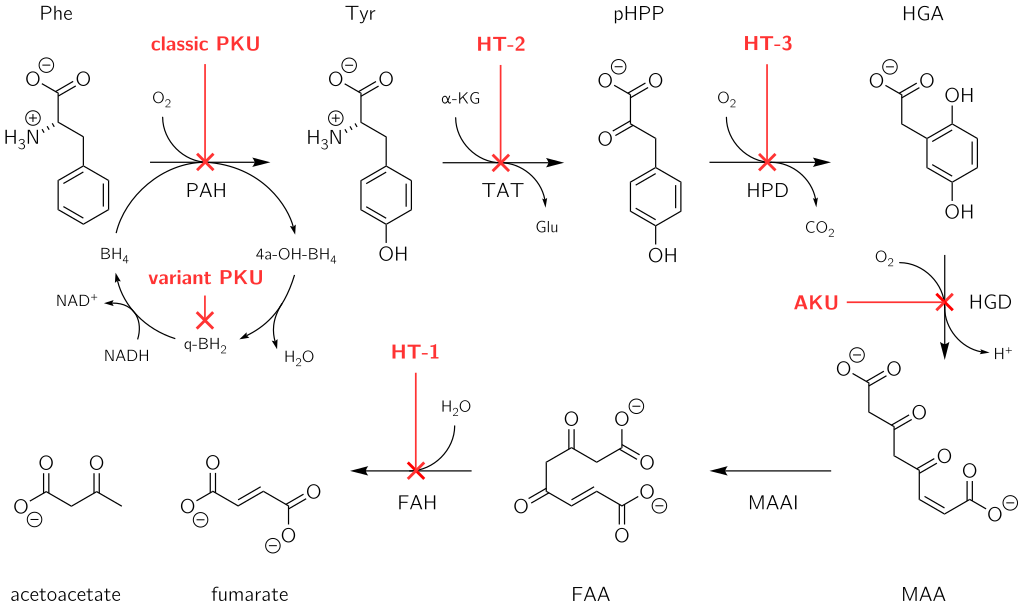

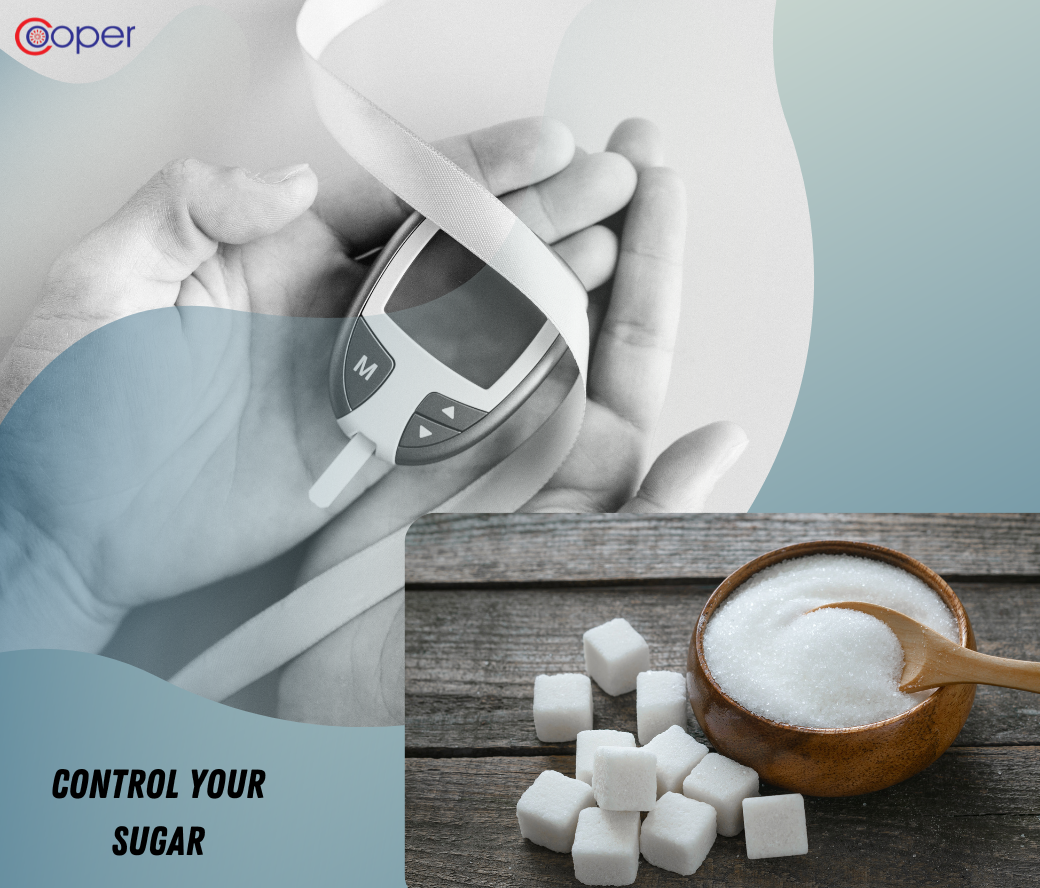


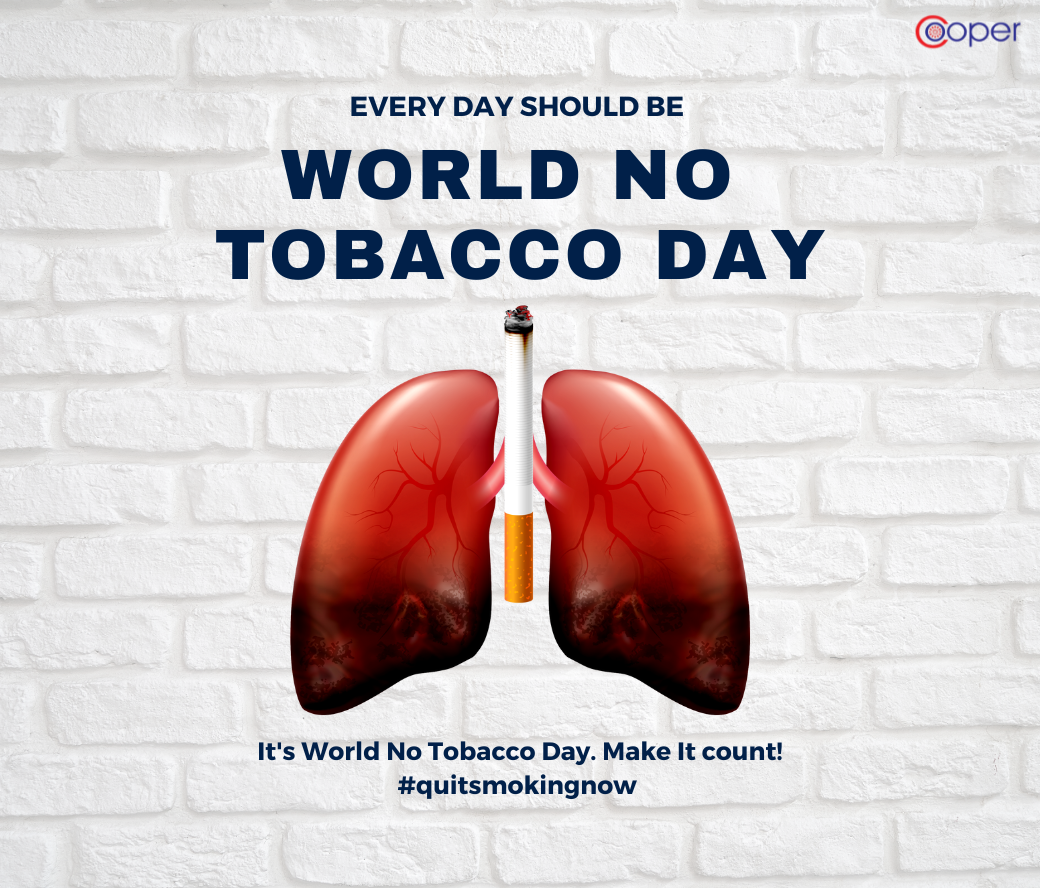

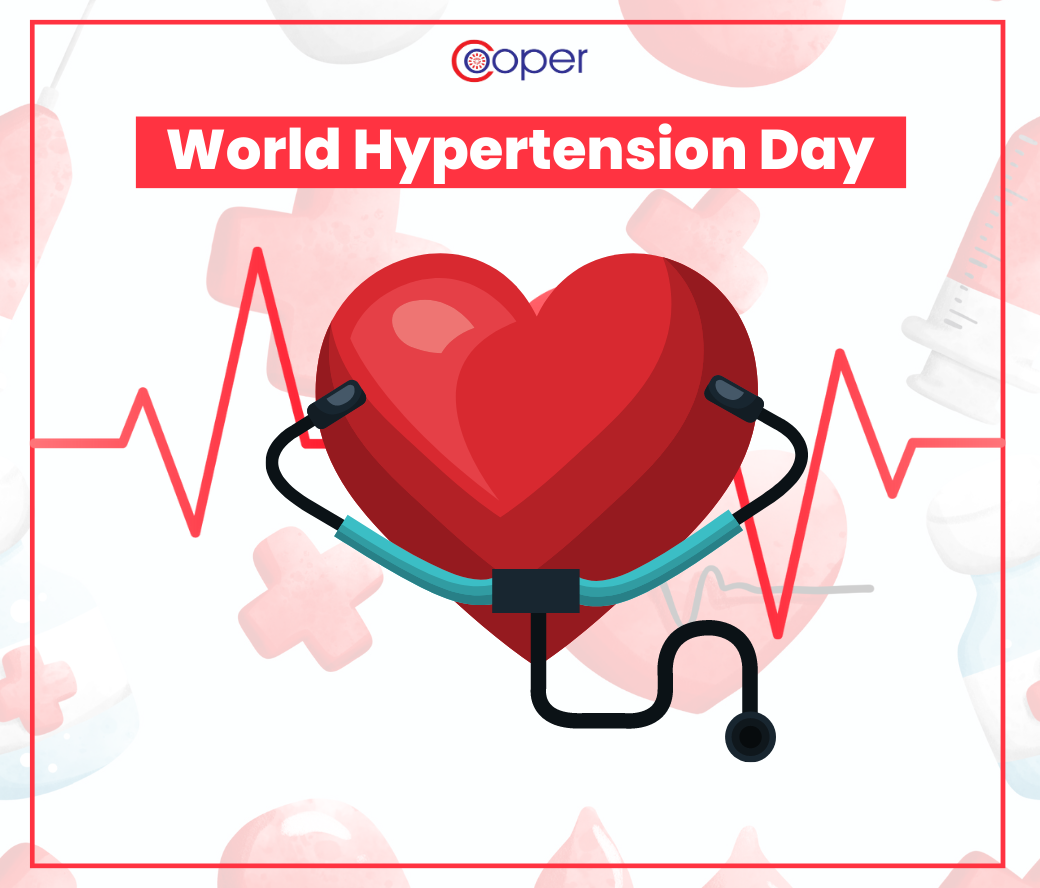

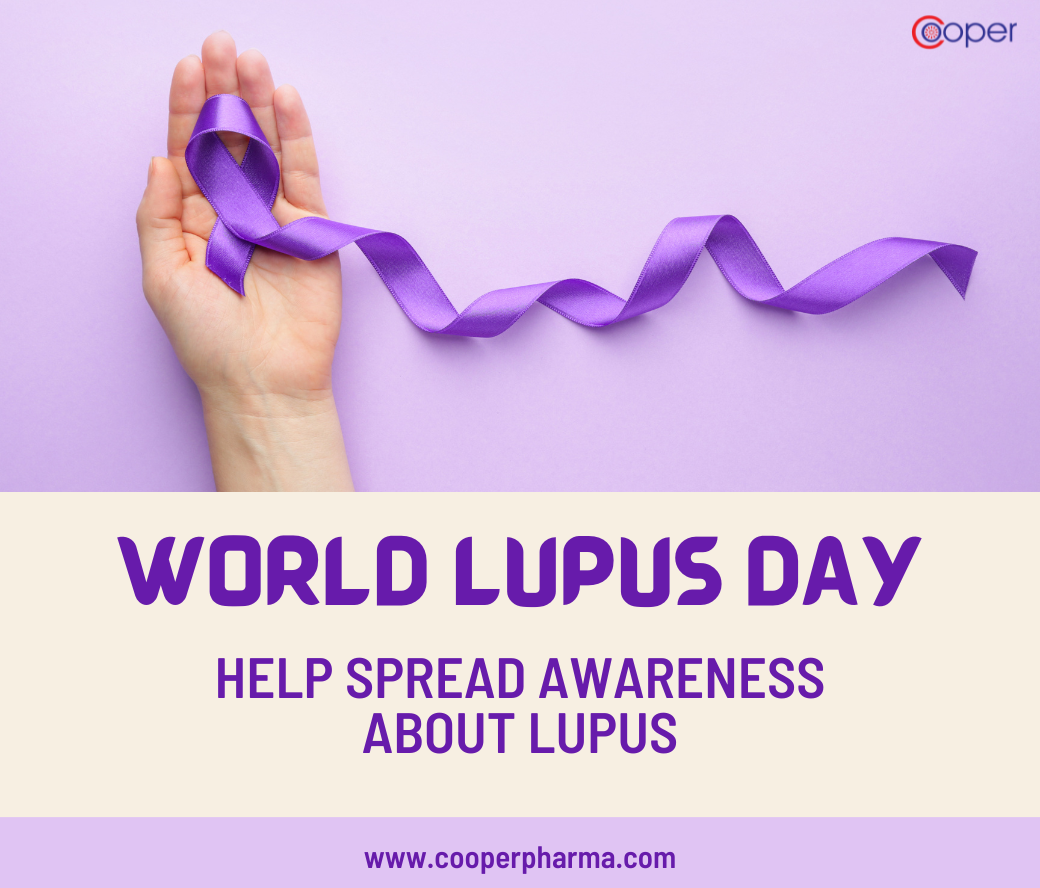
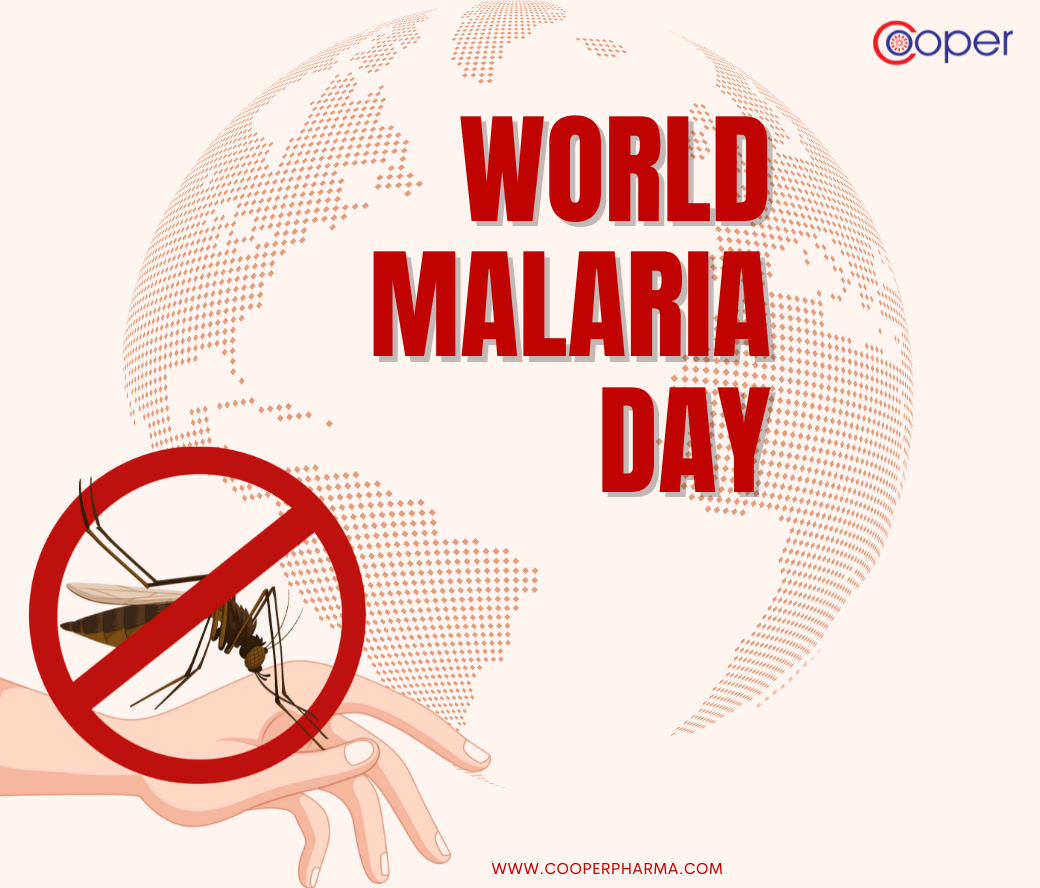



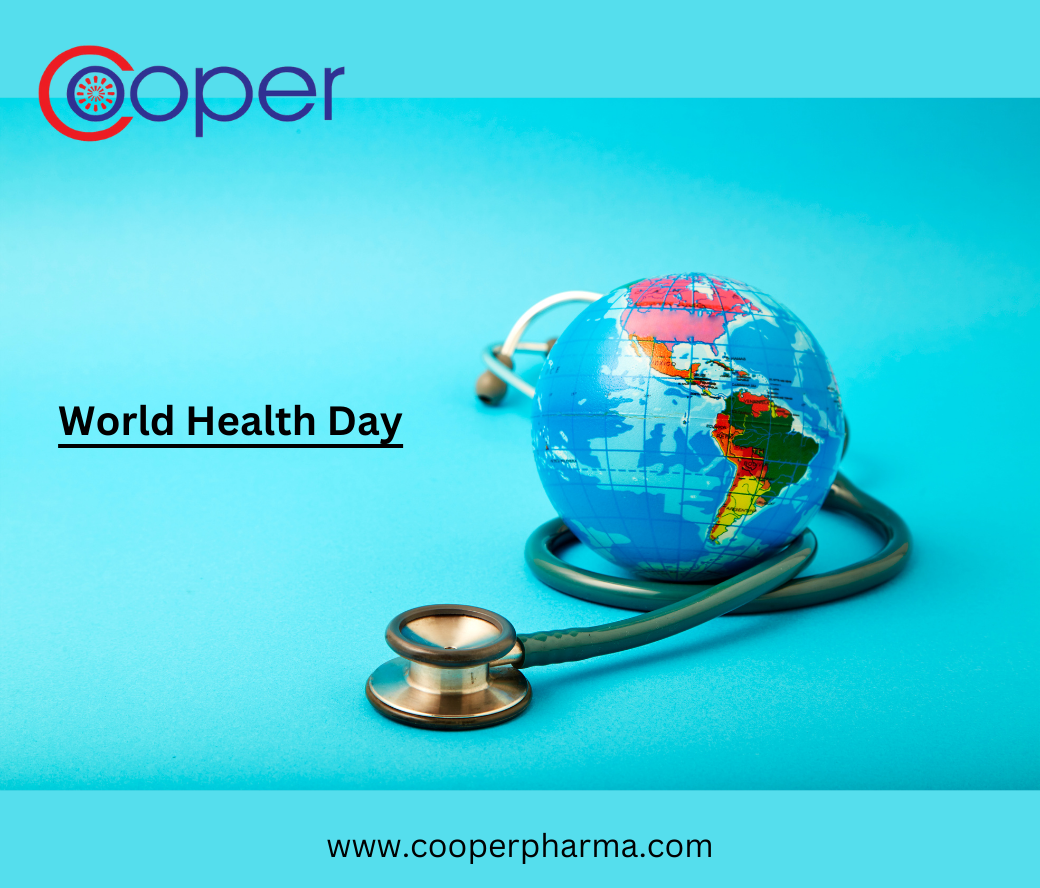
.png)

